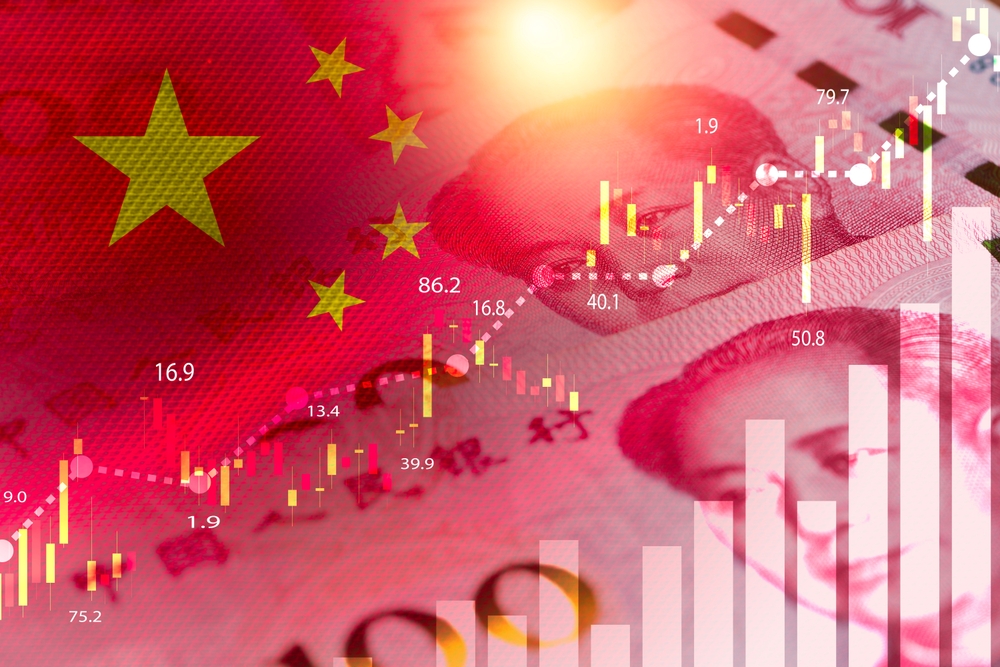After four years of decline, Hong Kong’s Hang Seng Index surged over 18% following China’s announcement of economic stimulus measures, turning around the city’s struggling market. These efforts include monetary policies like reduced interest rates, mortgage adjustments, and easing bank reserves, but economists say more fiscal action is needed to revive consumer confidence. Analysts predict that further measures, including significant fiscal spending, could boost the real economy, but uncertainty remains over how effective the recovery will be.
Monetary Policies Bring Relief, But Consumer Confidence Remains Key
China’s top leaders announced a range of monetary measures to stabilize the economy, leading to a sharp rise in Hong Kong’s stock market. However, economists argue that consumer confidence remains low, with calls for Beijing to implement more aggressive fiscal policies. Despite recent moves to cut interest rates and support the property sector, many experts believe that larger fiscal measures are required to reflate the economy.
“The elephant in the room seems to be a lack of consumer confidence,” economists at Nikko Asset Management said, adding that fiscal policies are needed to address this crisis and improve risk appetite.
Potential for Further Stimulus Measures
Economists expect additional stimulus measures, with some speculating that Beijing may announce up to one trillion yuan ($142 billion) in fiscal spending to boost the economy. Further, reports suggest that China could issue special sovereign bonds worth about 2 trillion yuan ($284 billion), which would be used for subsidies and allowances, encouraging consumer spending and upgrading business equipment.
Ray Dalio, founder of Bridgewater Associates, suggested that China’s leaders might take more drastic action, possibly signaling a “whatever it takes” moment for the country’s economy.
Property Sector and Broader Challenges
China’s property sector remains central to the country’s economic woes. Many economists agree that tackling oversupply in the property market is critical to any sustained recovery. HSBC economists noted that, while the recent measures are encouraging, it’s just the beginning of what China needs to implement to fully turn the tide.
Long-Term Prospects
While the stock market rally has provided short-term relief, experts remain cautious about the broader economic impact. Analysts at Barclays believe that a 10 trillion-yuan fiscal package could add one full percentage point to growth, but note that such measures are speculative for now.
Chi Lo of BNP Paribas Asset Management remarked that while China’s policy shift has triggered a rally in Chinese stocks, a long-term recovery in the economy requires more conviction and sustained support.


